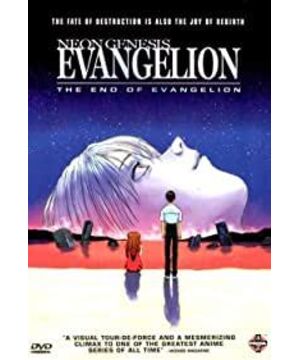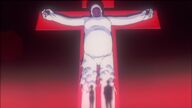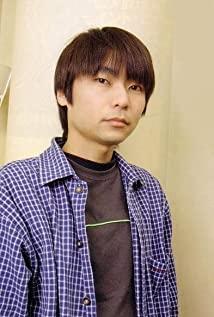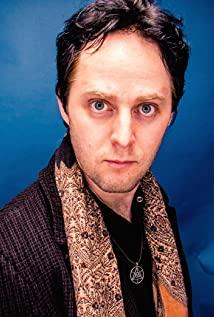It's great. The use of the soundtrack and editing shots is very meaningful, especially the soundtrack. All kinds of classical music in the theatrical and tv versions have an elegant and solemn sense of destiny, which is amazing. There is also a very shocking expression of stream of consciousness in the back. It can be said that the description of Shinji's heart is very wonderful. That kind of withdrawn and longing for love, wanting to be close to others but afraid of being hurt and only daring to escape. In fact, it is similar to many people's The shadows in my heart are more or less similar, at least I have found a point of empathy.
Shinji is cowardly, loves to escape, gets along with others gently and cautiously, constantly calls for love and tolerance in his heart, and longs to be treated gently, but no one can understand him, nor can he understand others, and finally walks in the emptiness of cessation. Destruction and Rebirth.
I think many people may have never really had a dialogue with their own hearts, nor dare to face up to the dirty and dark places in their hearts, let alone understand the hearts of others. So I see that many people don't seem to understand Shinji, and they don't understand the meaning of so many seemingly chaotic and obscure scenes in this animation, and even resent them. This actually represents the dark side of people's hearts. Shinji is avoiding it, and most people are avoiding it, but I hope to face up to this dark side, as well as myself, and then face the complete heart and personality of others. This may be It is also a kind of "completion". Just like in the animation, they are integrated, contacted, understood, understood, and reborn. Evil is no longer terrible, good is more dazzling, this is the real ideal world.
The theatrical version discussed a lot of questions, is it living for oneself or living for others? Can people understand each other? How far is the distance between hearts? Can the barriers of the heart be broken? Can consciousness determine matter? Self-salvation or waiting for others? Where is the line between dream and reality? How can the conscious world and the real world be reconciled? These questions are actually of very profound significance. As for the answers, opinions vary, and there is no standard answer.
And the disgust that Asuka said at the end. I think it is probably the ultimate disgust for all the negative content in all kinds of chaotic emotions and memories after everyone in the world has merged. It is the rejection of "evil" by the human heart. . However, she is also a part of it, and so is Shinji, so this disgust includes self-loathing, self-reflection, and a little understanding and kindness, which is both sad and helpless. The first time I saw it, there were many things I didn't see thoroughly, so let's talk about it after the second brush.
View more about Neon Genesis Evangelion: The End of Evangelion reviews










